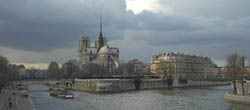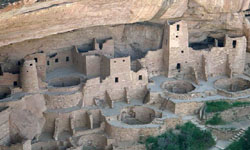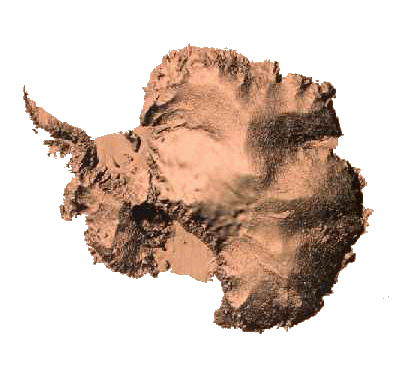Antarctica

A Complete Guide to its History, People, Cities and Culture



Photo Credits, top to bottom: Delphia, the city where visitors first arrive on the continent; Semei, on the northeast coast of Antarctica, known for its seafood, computer language industry and telekinesis experiments; Balloonists pass above the green hills surrounding Delphia, on their way back to the city; Detail of the ruins at Mimosa, where the most famous battle in Antarctican history occurred in 1403 B.C.

Language
The original language of Antarctica, bus (rhymes with "goose"), is still spoken by most of the populace, but generally only used when the speaker wishes to drop down to an intimate level of conversation, "intimate" here in the sense of a feeling of closeness or camaraderie with another, without necessarily having a sexual association. For this reason, when bus is spoken, it is usually between two people only, or at most three. It is inconceivable to think of someone addressing a crowd, for example, and speaking however briefly in bus, although radio hosts will sometimes let drop a word of club bus (see below) when addressing the listening audience (but it would be rare for the host to use any club bus when speaking to his guest on air, because his use of bus can then be overhead by someone to whom it is not directly addressed. Bus is not meant to be eavesdropped upon). The decision whether or not to use bus with the person one is addressing is somewhat akin to the decision to switch from the formal to the familiar form of the second person in certain European languages, or the decision to start using someone's first name rather than addressing them by their last name, but more so.
One uses bus, when one does, affectionately, not as one would use a nickname that is well-known, but as one would use one's private nickname for a child or lover, or close friend. If a couple of many year's marriage were sitting out in their garden under the trees after a day of planting, for example, the husband, passing to his wife the first of several bottles of cold beer, might say 'tul sigh' (roughly, "for you, my love, in my physical tiredness") before reverting back to the English they had been speaking all day.
When bus first developed as a language is unknown. Certainly, Antarcticans were speaking it at least as far back as 5,000 B.C., which is where Antarctican history drifts into the marbled mist of origins unfortunately not shared with furbars (those who are not Antarctican) (see History for more details). Bus is certainly the oldest of all languages extant, and some linguists now believe it may in fact have been the great "mother language" from which all or nearly all variants descended.
The sound of the language itself is quite soothing, and is often compared to "babytalk", in that it murmurs along on short, repetitive syllables. Bus consists primarily of nouns and verbs. There are no words in bus, for example, for "quickly", "tall", or "and". What gives the language its complexity, so that one word can mean so many different things, but still convey only one precise meaning out of those choices, is that the vocalization of the word is only one signal of what the speaker intends to convey. For a word in bus to have meaning, other than a handful of words which have but one sense, known as club bus, such as ole, which means "stop", and opa, which means "sit down", the speaker must not only vocalize the specific sound of the word, but must give that vocalization the correct duration of sound and inflection for the meaning intended (often called "crinkling" the word), must make the correct facial expression, must take the corresponding body stance, and use the proper hand or hand and arm gesture. All these elements together (vocalization, word crinkling, facial expression, body stance, and hand/hand and arm gesture), referred to by linguists studying bus as the 'full expression' of a bus word, convey the exact intent of the speaker. Ham, for example, depending upon how it is "fully expressed", can mean, among myriad other things, a meal that is served again, years later, in honor of a meal with similar dishes at a happy past occasion; the sorrow at the loss of a family member; the relationship between a father and daughter; roughly, "a tolerance for cats"; or the painting of murals.
Because bus is so dependent on elements outside mere vocalization, it has proved to be a very difficult language to transcribe (an attempt was made during the 1920's by Fessermann and Glicker, in which each word on a page was surrounded by all sorts of symbols denoting the different elements (word crinkling, facial expression, etc.), needed to discern from the printed word the richness of meaning intended by the actual speaker, but the end result looked so cluttered it was soon abandoned.
Because of the difficulty of transcribing bus, the language one most often encounters in the cities, jungles and snowy mountain villages of Antarctica is English. Although no official language of Antarctica exists (there is virtually nothing about Antarctica that is official), nearly everyone speaks English, and it is the dominant written language. Other than English, the language a visitor is most likely to hear or read in Antarctica is German, which is used primarily for philosophical discussions (but with a much greater compounding of words, to where a German may have difficulty following the sense of a word through its ocean liner length of syllables). Other languages occasionally heard in Antarctica are French, Yiddish, Spanish and Russian.
print this article